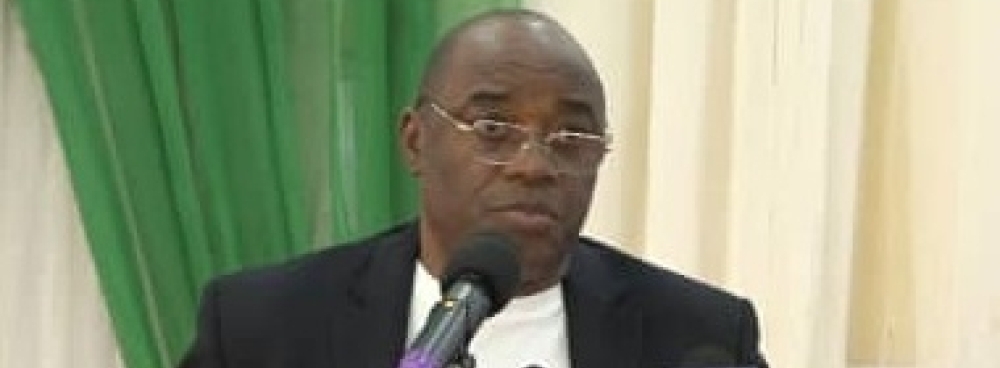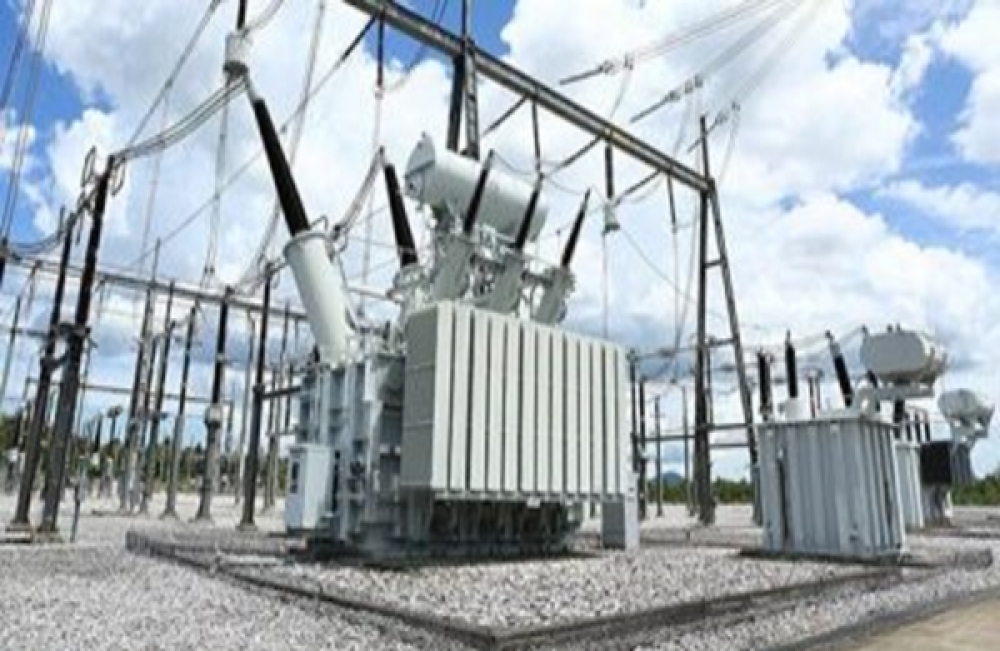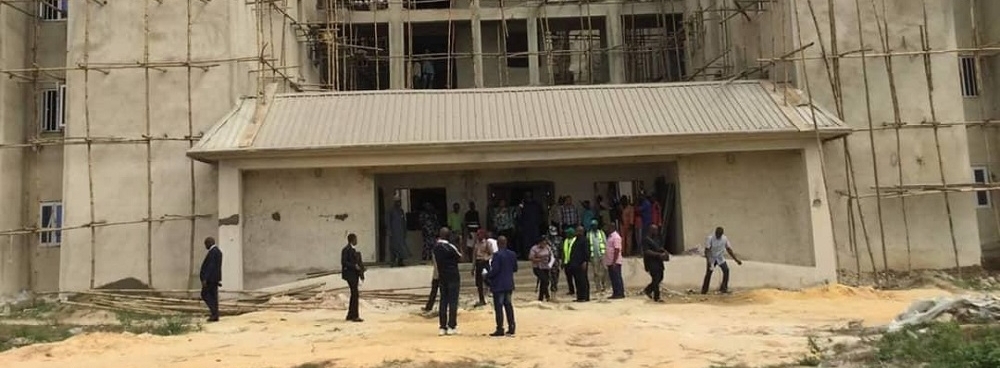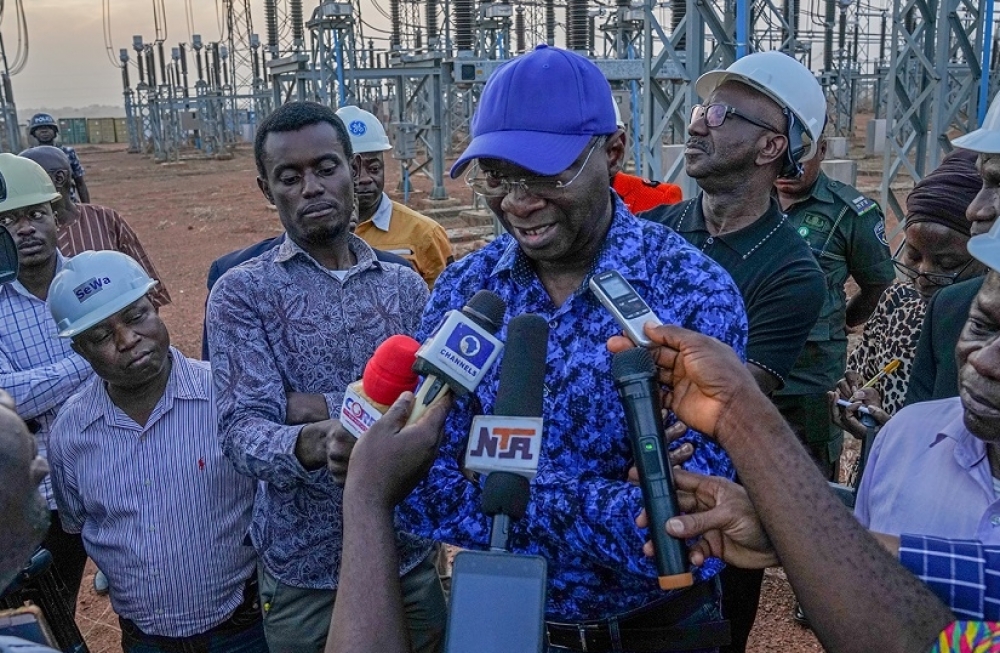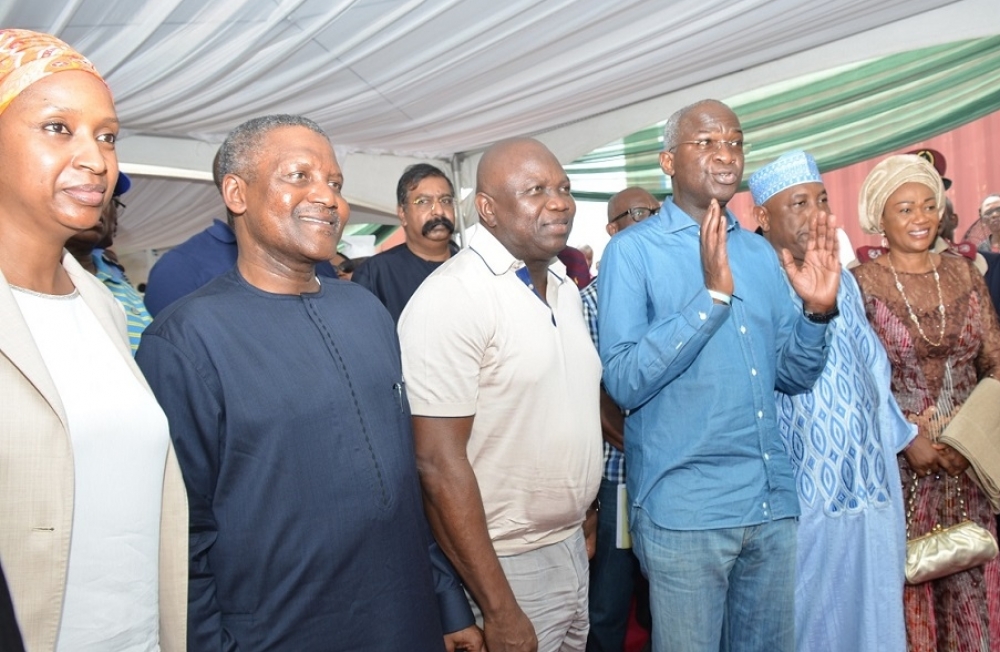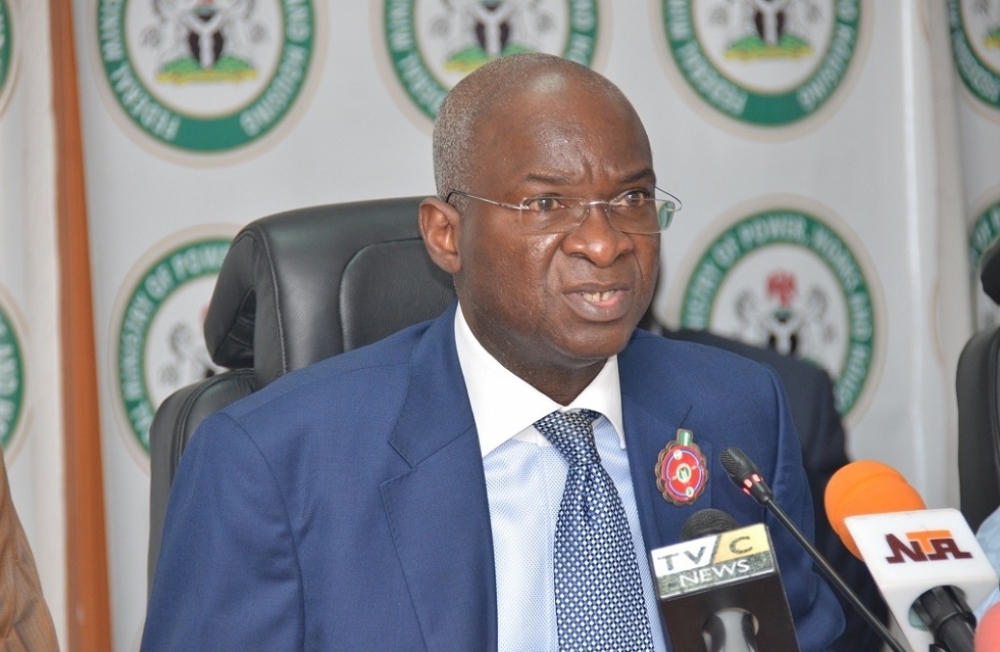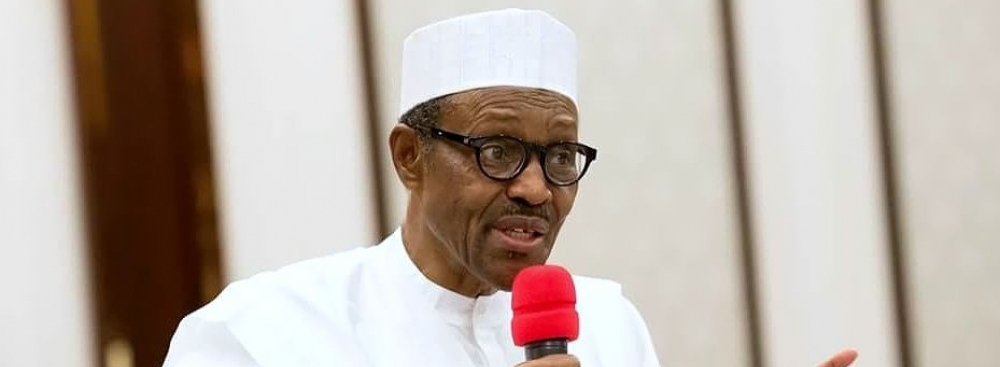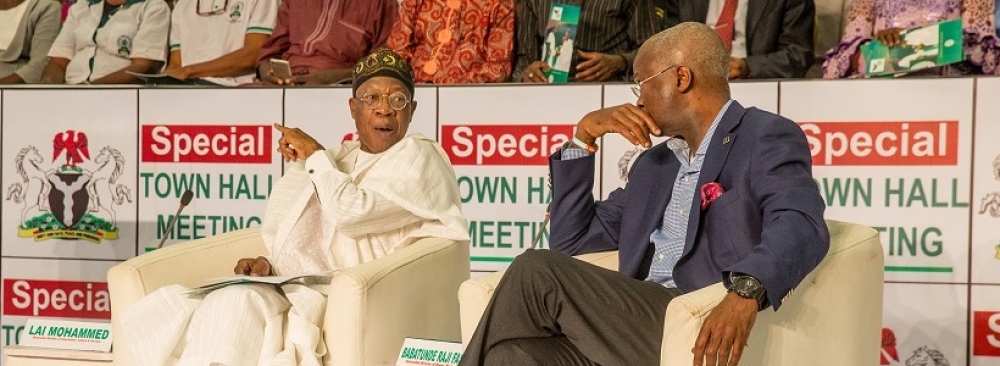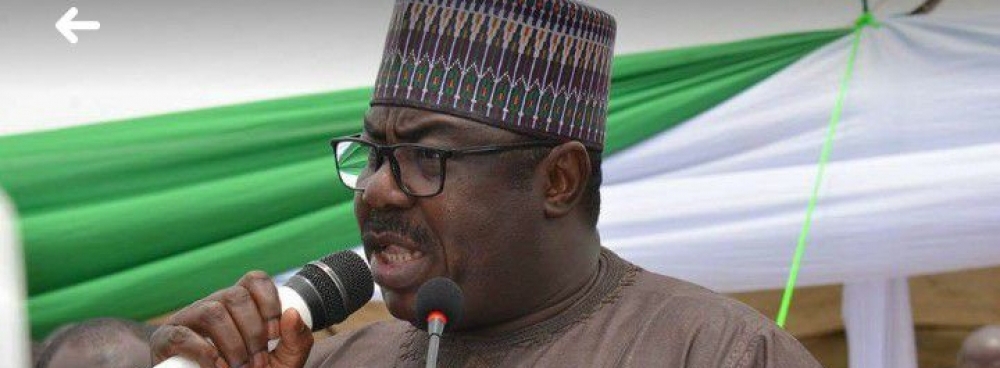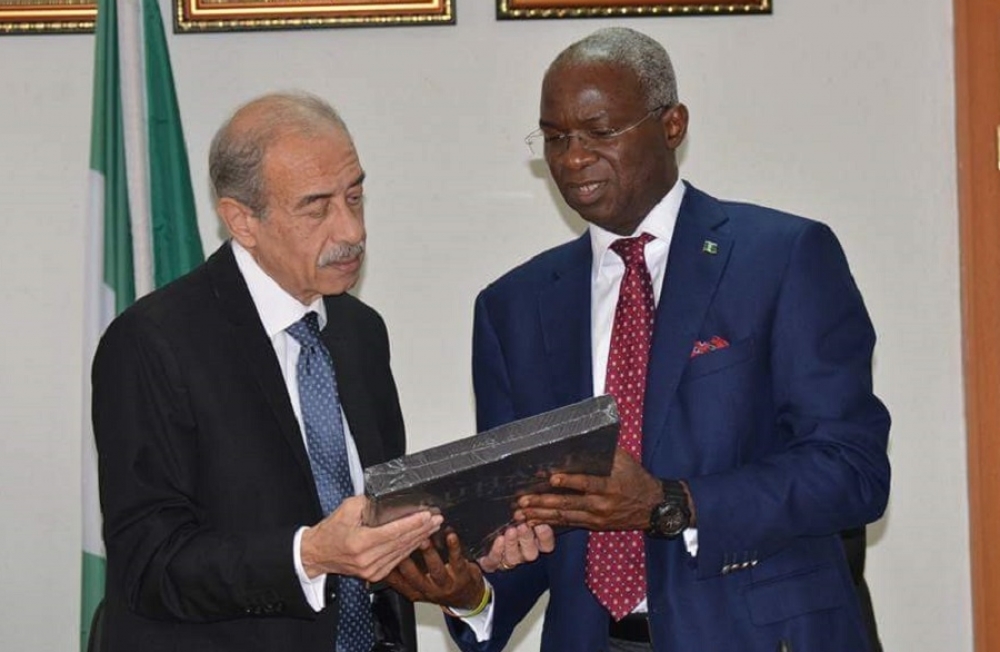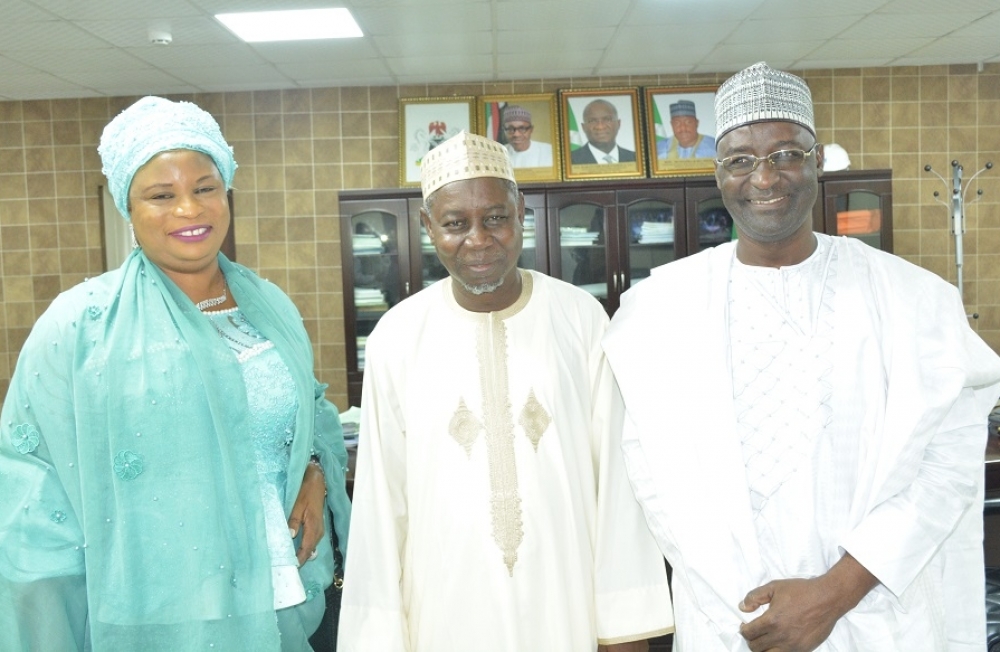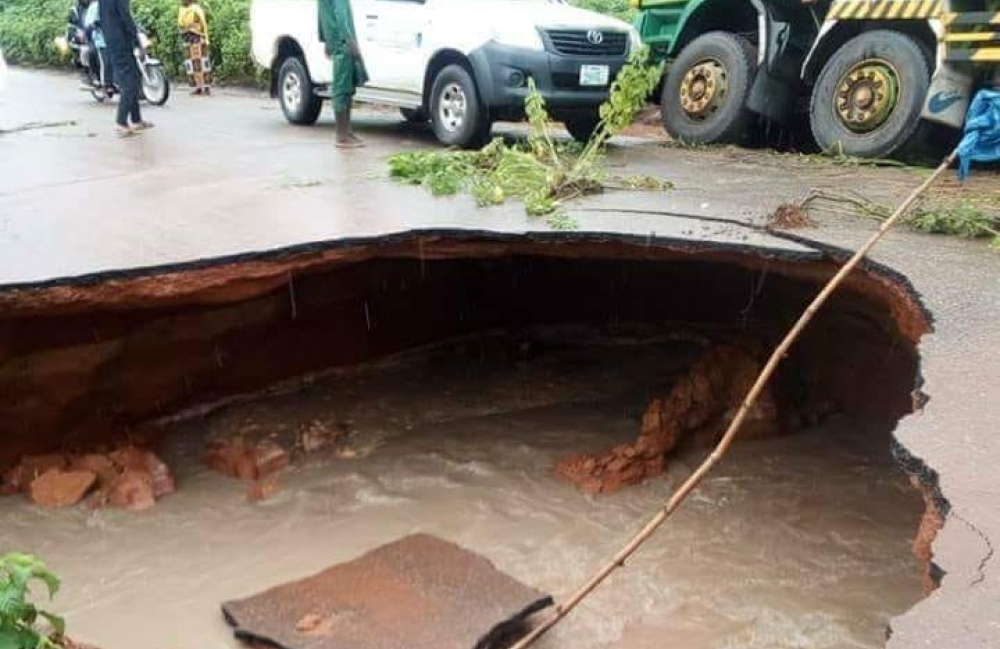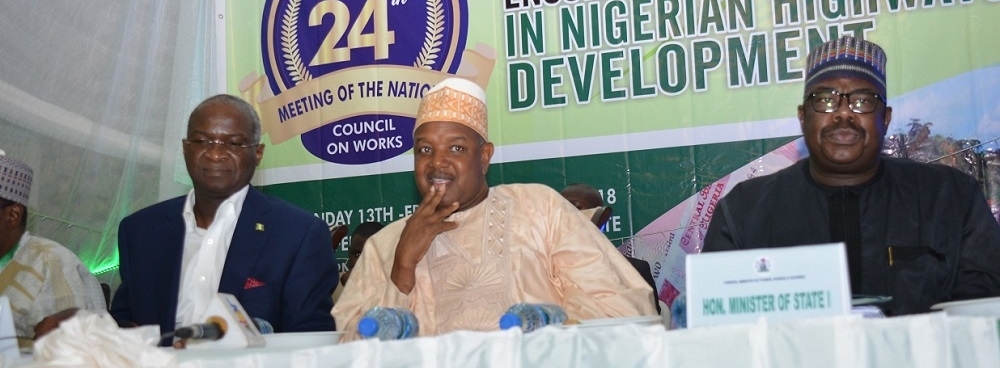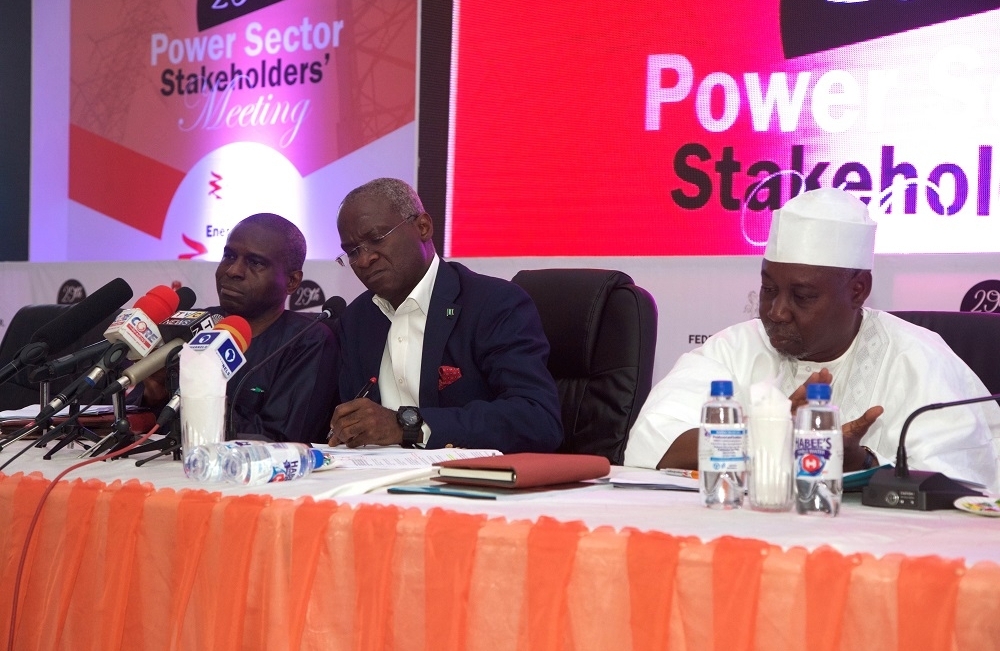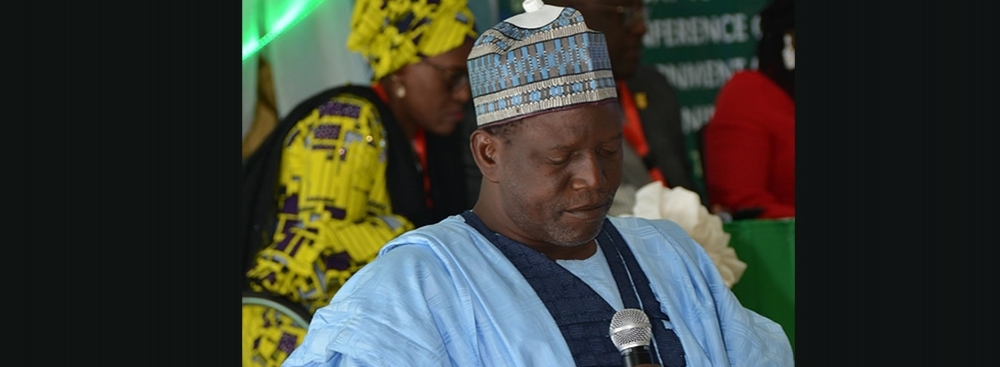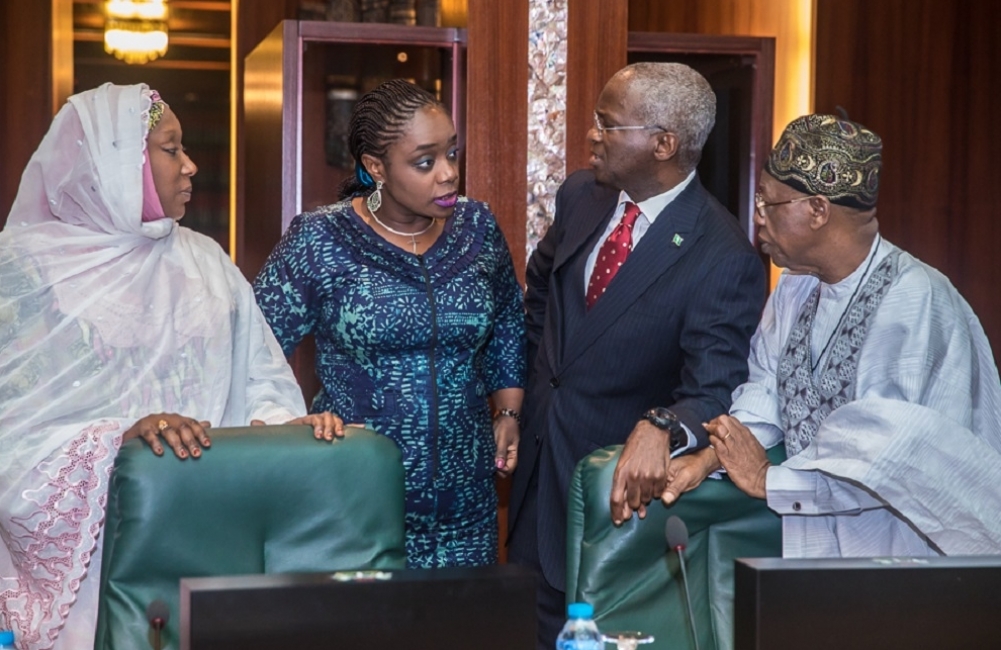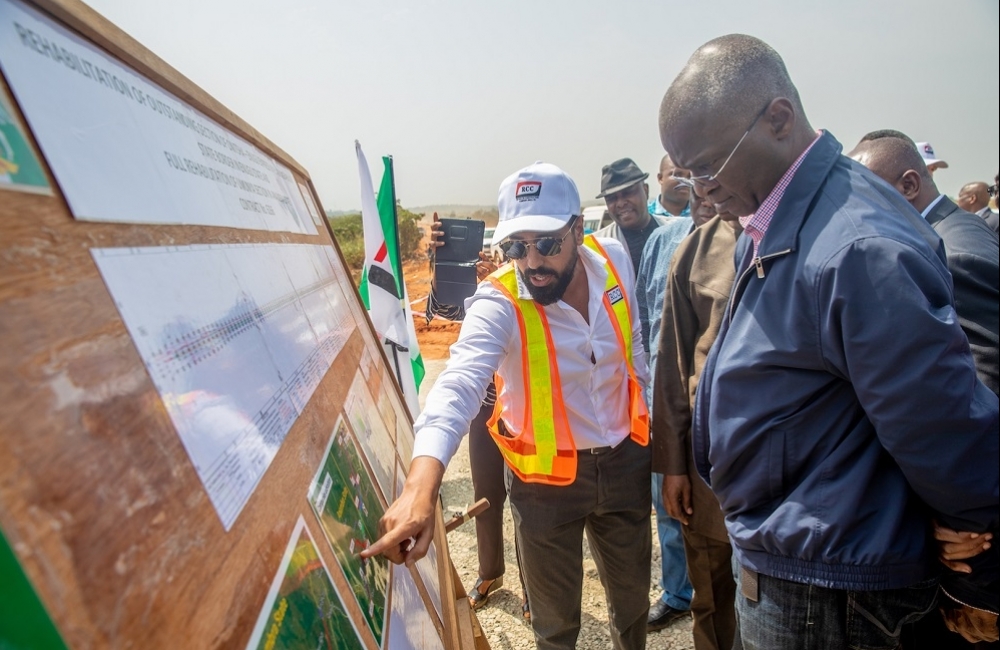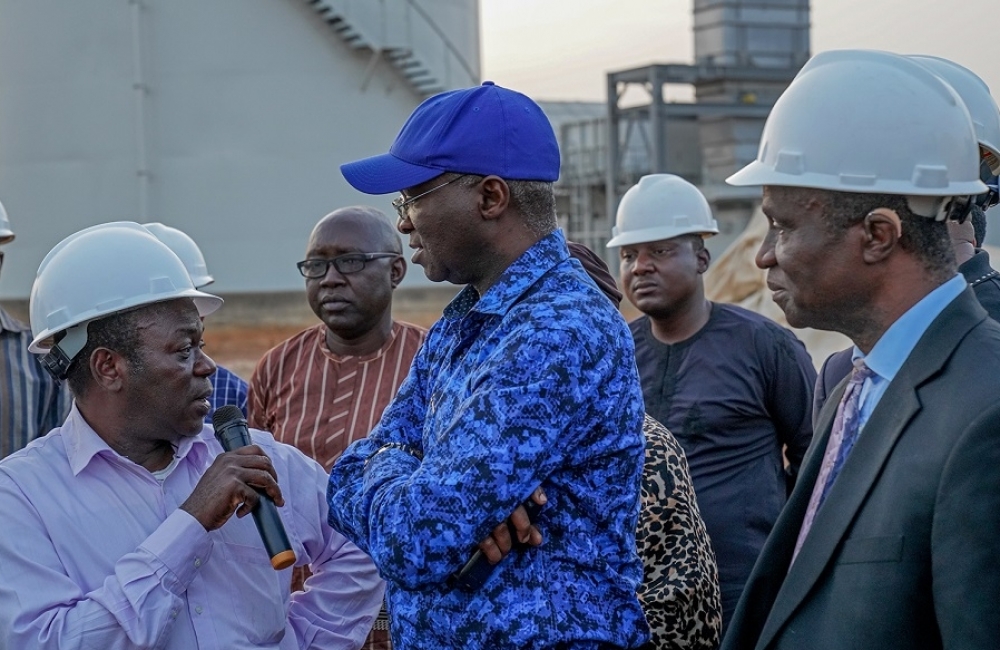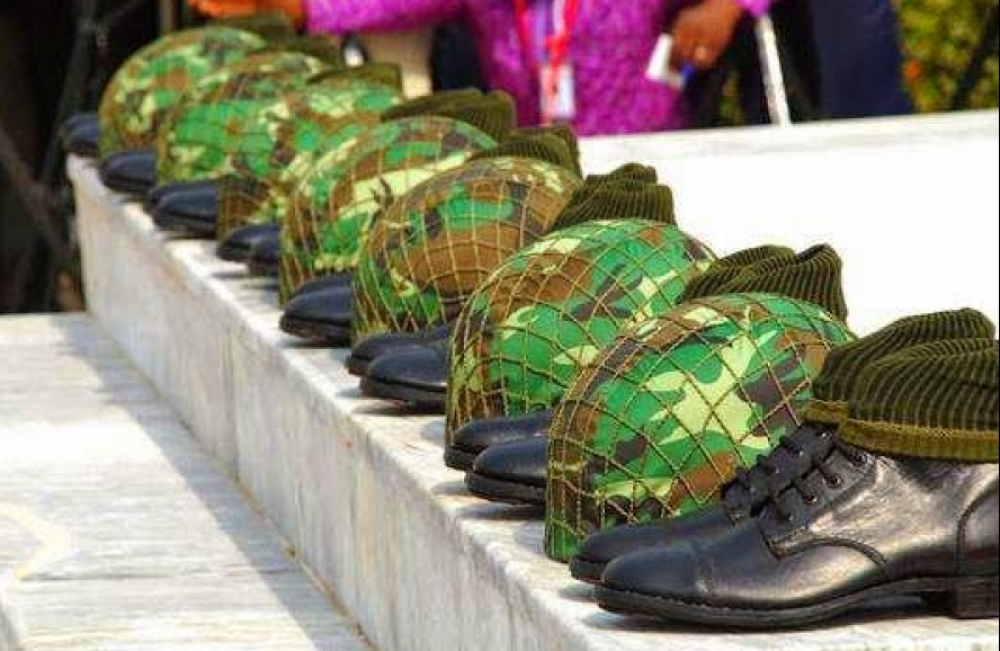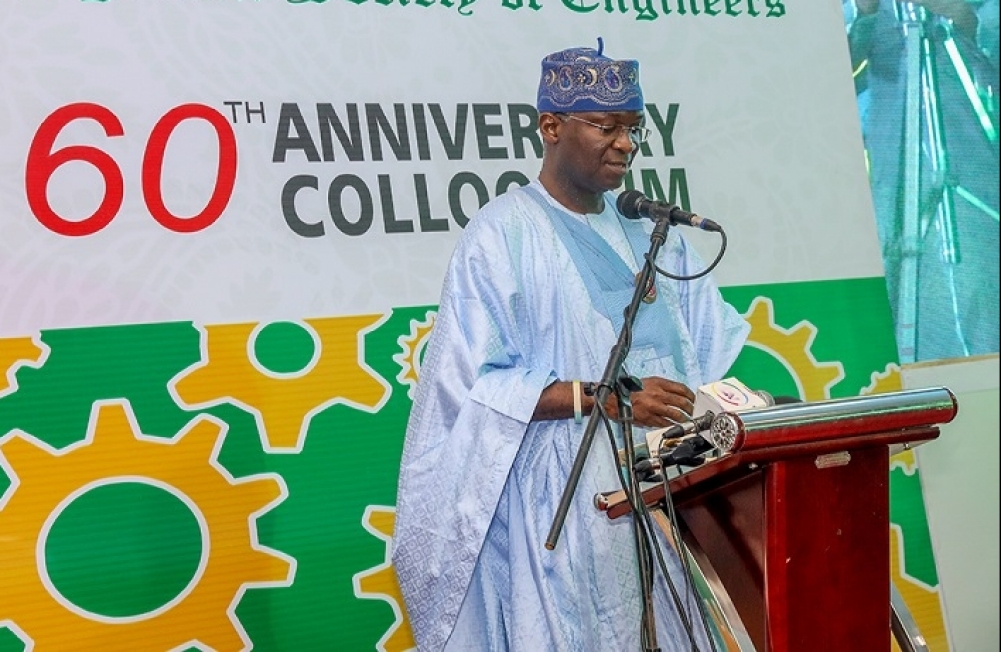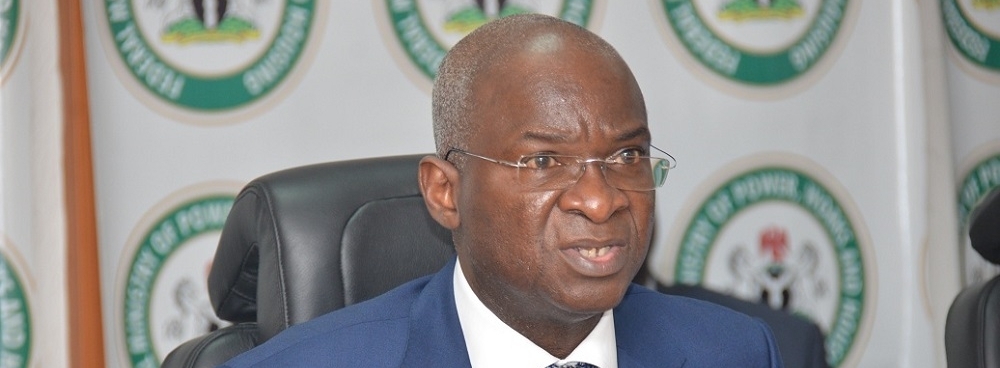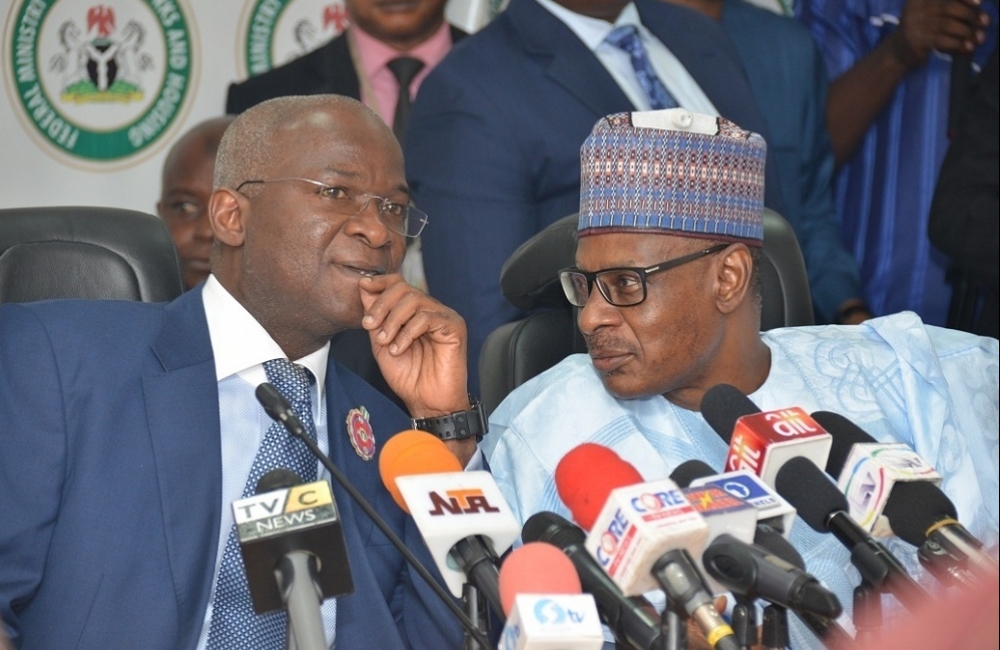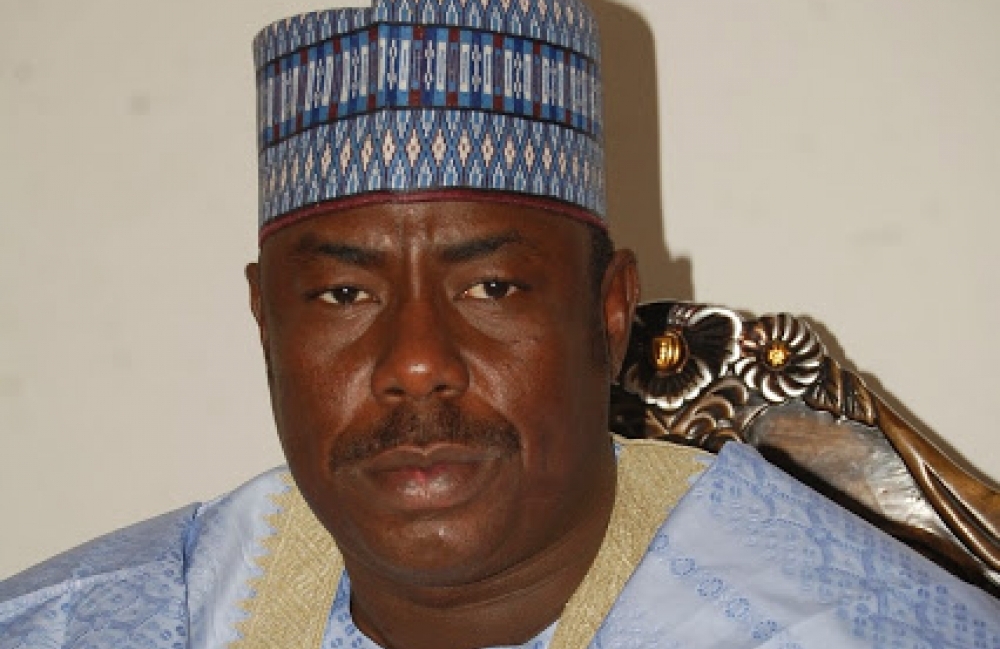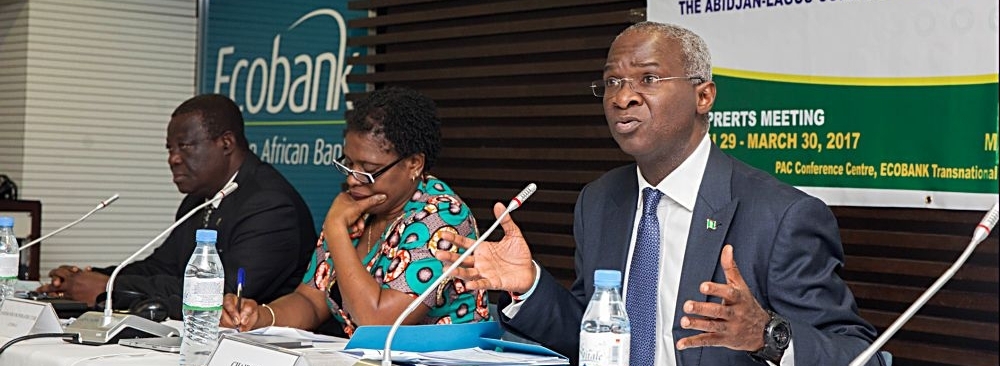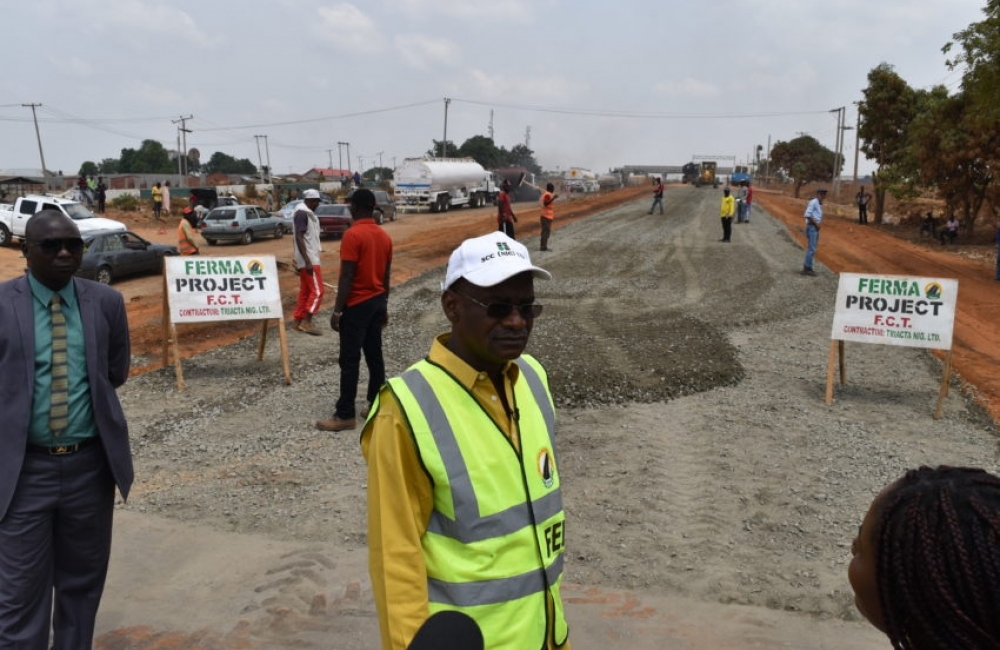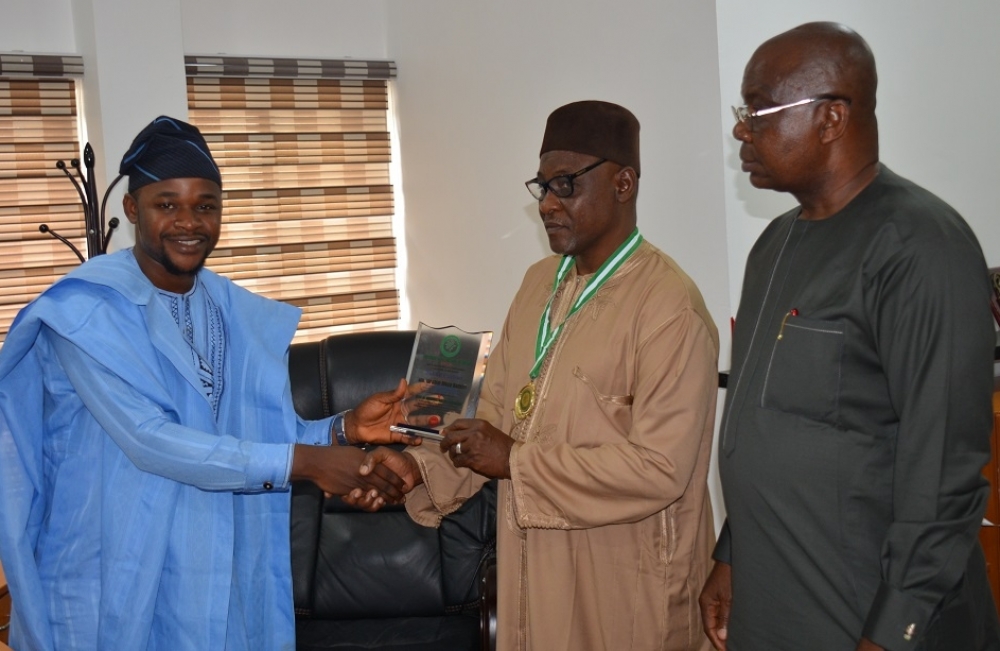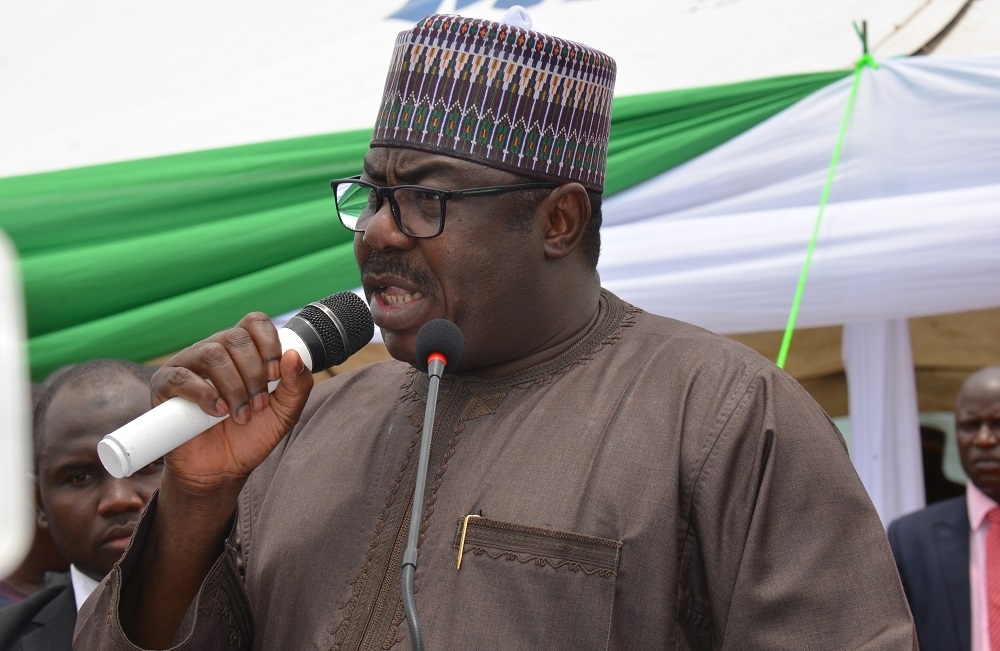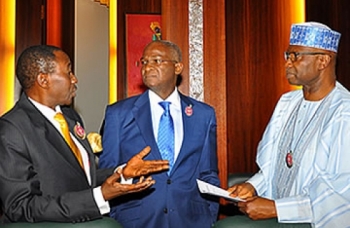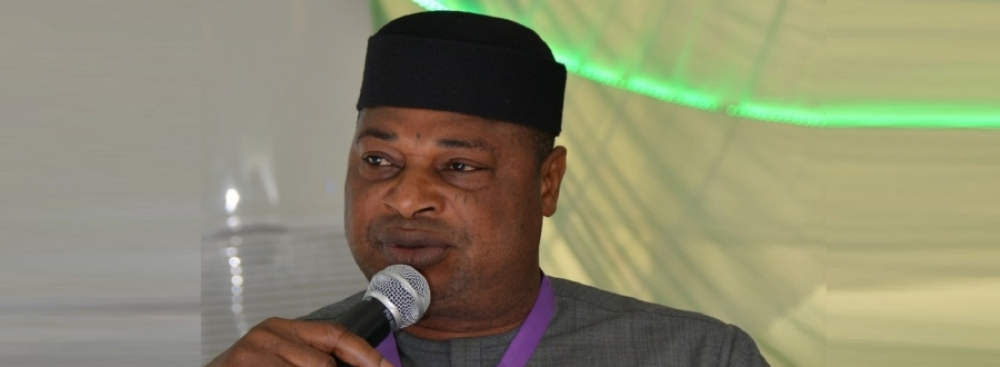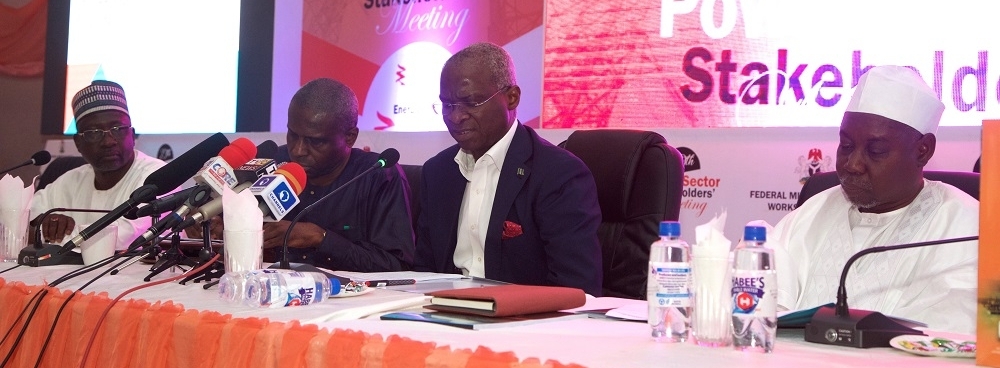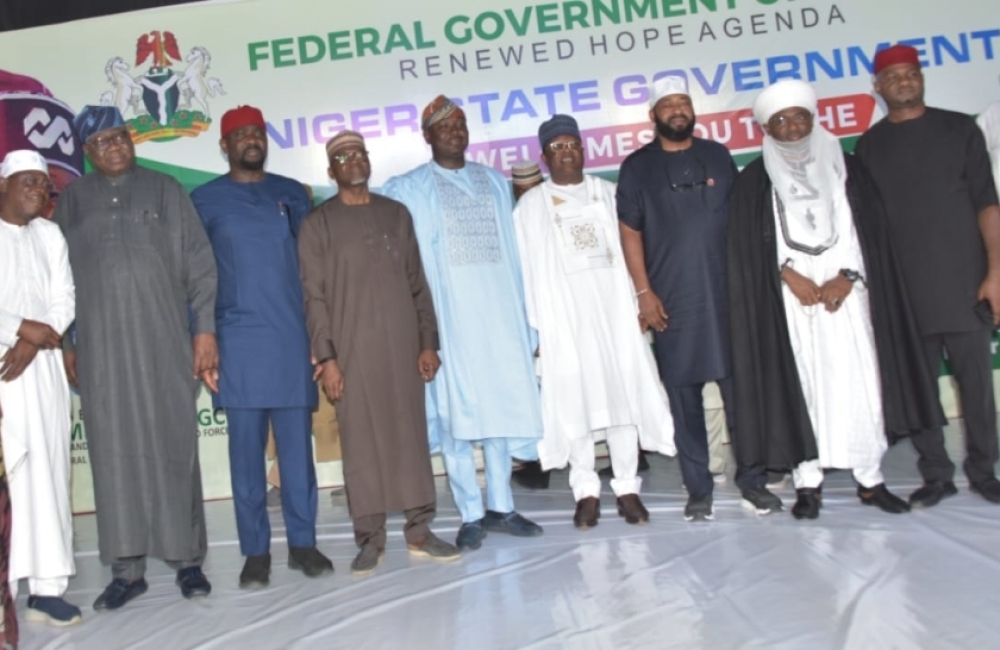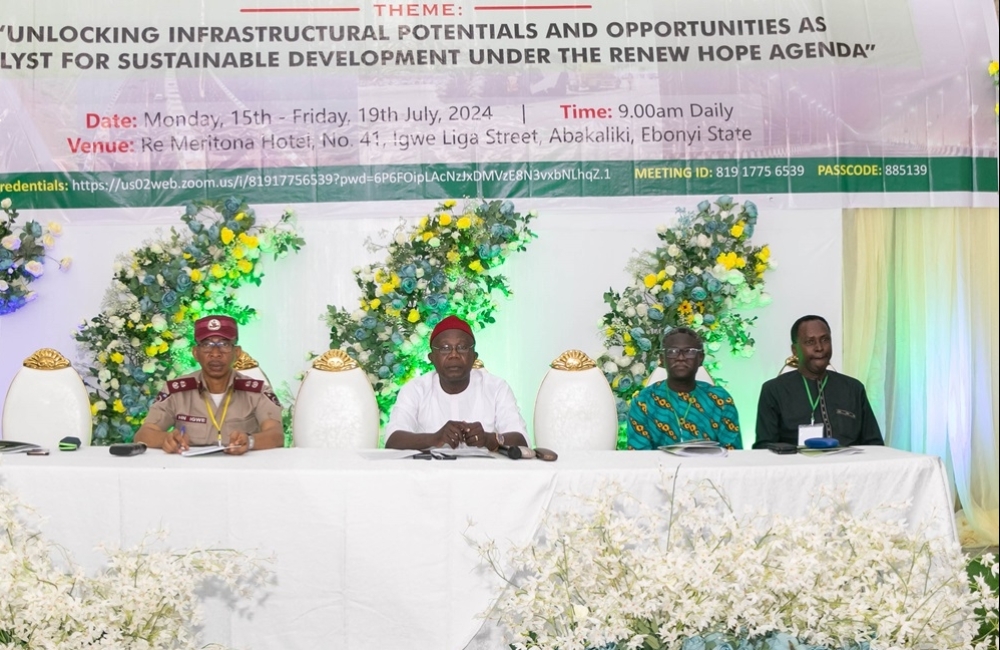“Nation Building And Institutional Development, Lessons For Nigeria From The Island Club At 75,” Address Delivered By His Excellency, President Muhammadu Buhari, GCFR On The Occasion Of The Seventy-Fifth Anniversary Of The Island Club, Lagos
My chairman of the great Island Club, members of the management committee, worthy members of the club, eminent Nigerians, distinguished ladies and gentlemen.
Permit me to open my speech with words of congratulations and felicitations to the Island Club, her leadership team, comprised of the management committee and her body of members; on this occasion of the Seventy-Fifth Anniversary of the club.
To you all, I say Happy Anniversary and best wishes for many more years.
As an institution, Island Club has endured, not without challenges, but in spite of them: and there are many lessons for us as a people and a nation to learn from 75 years of history that has been woven into the walls and fabric of this club.
The first is perhaps the lesson that dispels the hyperbolic expression that flies around these days that Nigeria lacks institutions.
The Island Club and many other social clubs who have endured over decades put a lie to those kind of uninformed statements.
Apart from social clubs, and non-governmental institutions, Nigeria has governmental institutions like federal, state and local governments, and indeed judicial, parliamentary, law enforcement and other institutions.
The fact that we expect more from them, the fact that they may be facing challenges does not justify the unsupported assertions that they do not exist.
Many of them have existed before and after the creation of Nigeria as corporate entities and have evolved from sometimes very humble beginnings to what they have become today.
At some times, they have worked very well. At other times, they have been challenged to give more; but they have never ceased to exist.
This is why I said earlier, that there is a lot to be learned from the Island Club.
Her history is all too well known and published to warrant any repetition here.
What is relevant for my purpose is to briefly recall that at any time, this was the place where the Giants of Nigeria gathered.
At the time, Lagos was the capital of Nigeria and ministers, state commissioners, many public officers and captains of industry were regular users of this club.
That has changed in the sense that the capital of Nigeria has moved to Abuja, but Island Club still retains its fair share of members of government at various levels as it does among the leaders of the business community.
But we must remember that just a few years ago this club faced very serious headwinds which threatened it to its very core.
Attendance dwindled, regular events around which brotherhood and conviviality that bound members together were threatened; indeed, there were court cases.
In the end, the storm calmed, Island Club went through a very tedious and I daresay painful process of change, and here we are at a glorious dawn that heralds many possibilities.
The club of which I proudly serve as grand patron has found its groove again.
Because of this process of change, I can confidently predict that Island Club will be here for another 75 years and more, long after we are all gone.
But that process of change and reform did not happen because Island Club did anything.
It happened because people, yes people, members of the club and I believe non-members, who were people of goodwill chose to act.
As an institution, like governments or agencies, Island Club as a creature of charter, brought into existence by laws made by men, can do nothing by herself.
It is men and women who define, who decide and who determine what happens to institutions.
When institutions do well, it is men and women who are entrusted with authority over that institution who have done well and vice versa.
This is an important lesson to learn from Island Club‘s history.
At the time of perhaps the greatest crisis, the men entrusted with the fortunes of the Island Club did not abdicate.
They confronted crises and embraced change; and they reminded me of the story of the Eagle which has been well told but which I crave your indulgence to repeat because of its profound lessons about change and hard decisions.
“The Eagle has the longest life-span of its species. It can live up to 70 years. But to reach this age, the eagle must make a very difficult decision!
In its 40th year, the eagle's long and flexible Talons can no longer grab a prey which serves as food. Its long and sharp beak becomes bent.
Its old-aged and heavy wings, due to their thick feathers, stick to its chest and make it difficult to fly. Then, the eagle is left with only two options: DIE or go through a painful process of CHANGE!
This process lasts for 150 days (5 months)
The process requires the eagle to fly to a mountain top and sit on its nest. There the eagle knocks its beak against a rock until it plucks it out.
Then the eagle will wait for the new beak to grow back after which it will pluck out its talons. When its talons grow back, the eagle starts plucking its old aged feathers.
And after this the eagle takes its famous flight of rebirth and LIVES for 30 more years!”
This story is not biologically proven and seems scientifically impossible for the Eagle to live without food for 150 days. But it is nonetheless inspiring. It is the inspiration that I seek to draw from and share.
Why is Change needed?
In order to better our Nation and ourselves, we too have to start the change process. We need to jettison things that have not worked and embrace those that will work.
We need to free ourselves from habits that have held us hostage in the past so that we can embrace the promise of a better Nigeria that beckons ahead.
That process may be painful, it may be tedious, but if an Eagle does it to survive, why can’t we?
When I took office on 29th May 2015 on the basis of the mandate you generously gave me as your President, one of the challenges I had to deal with was Nigeria‘s food security risk.
With so much arable land, we were entirely dependent on others to feed ourselves, especially for staples and greens.
We were spending about $5 million daily to import rice that could be produced in Lagos, Ogun, Abia, Kebbi, Sokoto, Jigawa and many parts of Nigeria.
In the past, we had laudable initiatives like Operation Feed The Nation and Green Revolution aimed at securing our food supply and empowering our people.
Regrettably, by a combination of many factors, not least the vested interest of those who benefit from us importing food that we can produce, these initiatives did not achieve their laudable objectives.
Those interests were still there when I assumed office in May 2015. They fought back when I announced our commitment to produce what we eat and our refusal to provide foreign exchange to import those things.
I will not inundate you with the details of what they did, except to say that they nearly crippled us economically.
But today, I stand very proud to say that we took the flight of the Eagle in reaction to our food security.
Although they are still fighting, by importing to neighboring countries and dumping on us through smuggling; we are responding, and will do more to defeat them for the benefits of our people.
But I can tell you now that we have made progress.
Not only have we created millions of new rice and wheat farmers, who are not only self employed, they are now employers.
We intend to move this forward and retain the full benefits of what we have created, not only by expanding the number of farmers, but by developing the value-added chain of processing and ultimately building the base that leads us to full industrialization.
This is one of the reasons why I am offering myself to serve you for another term.
Manufacturing, which is a key driver of employment and wealth creation is largely dependent on agriculture, as it is on power supply and reliable transportation infrastructure about which I will speak shortly.
But before I leave the subject of manufacturing, let me say that our modest efforts are beginning to yield results as shown by the recent reports of the National Bureau of Statistics which shows increased growth in the manufacturing sector.
Let me say therefore, that as far as our institutions are concerned, it will require all of us, men and women of goodwill, right thinking and well-meaning Nigerians to get involved, participate, play our roles and do our level best in the way that the members of Island Club have done, in order to change what we do not like and create what we want.
On a related note let me quickly allude to the state of our national infrastructure.
A significant stock of our national infrastructure whether it is power, roads, bridges, schools, airports, rail, hospitals and many more require replacement, repairs, maintenance and expansion.
The challenges we face with infrastructure are not too dissimilar to what Island Club faced in the past and which they have now acted to remedy.
Most of the Roads, Bridges, Airports, Seaports, Power plants that we need to get on with our lives were largely built in the 1970s, and 1980s.
They were the best when we built them, but our population has grown faster than the rate of the growth of infrastructure.
I also recall that at one time, the Island Club had no hall of this size like the hall we now converge in.
The Annual Christmas and Ileya dances used to hold in the open and were dependent on the benevolence of nature, until one Chairman and management team decided to fly like the Eagle.
At the time they took the flight of change to bring down what remained of the old and inadequate structure, they did not have the resources to build this hall but they had a lot of belief and resolve.
And because of their commitment to change, we can now converge in this hall without the fear of the Rains.
Let me remind us that it took more than one term and one election cycle of the Chairman of the Island Club to build this hall, just as it will require more than one election cycle to build a nation and deliver change.
But I can report that the process of change for our infrastructure has commenced.
We have completed the Abuja-Kaduna Rail and the Abuja Business District to Airport intra-city rail and the New Port Harcourt International Airport Building which were not completed because we failed to pay the counterpart funding at the time we were earning about $100 per barrel of oil.
Our administration paid these monies when the price of oil dropped to about $50 per barrel, and simultaneously committed to the Construction of the Lagos- Abeokuta- Ibadan- Kano Rail which has started.
We have revived most of the road contracts that were abandoned and started new ones and I can say to you confidently that there is no state in Nigeria where our Government is not constructing at least one Road.
In Lagos for example, the Ikorodu-Sagamu and the Lagos-Otta-Abeokuta Roads are long abandoned roads we have revived and contractors are now back to work while I have inaugurated an Infrastructure Development Fund to ensure that the Lagos-Ibadan, Second Niger Bridge and Abuja-Kano roads are not affected or delayed by funding problems again. We have also awarded the Tin-Can Island, Mile 2, Oshodi – Oworonshoki Expressway which is contributing to the gridlock in the State and work should start in November this year.
With significantly less resources we are getting a lot more done.
As far as power supply is concerned, we all know that it had been largely privatized before the advent of my administration with only the transmission part left for Government to manage.
But even our harshest critics will admit that we have moved things forward from where we met them.
A significant number of Nigerians admit that the hours they run their generators, and the amount they spend on diesel and petrol to power their generators is reducing.
That is progress and we are not finished.
We know there is a lot of work to do but we are inspired by the progress in generation from 4,000MW to 7,000MW ; in transmission from 5,000MW to 7,000MW and in distribution from 2,690MW to 5,222MW.
Compared to the 4,000 MW of generation that we inherited after 16 years which did not start from zero in 1999, it means that we are averaging 1000 MW per annum of incremental power Generation every year since 2015 when we took office.
This is change for the better, compared to 4,000 MW after sixteen years (which as I said did not start from zero in 1999), which is an average of 250 MW per annum.
Our policy of Eligible Customers to provide power to industrial customers working with the Manufactures Association of Nigeria is bearing encouraging results, with 5 industries already connected to reliable power and 14 more industries are being processed while many more new applications are coming in.
The policy of Meter Asset Providers to facilitate increased supply of meters excited 103 applicants, out of which 80 no objections have been issued.
As you all know, the only thing that stands between Policy, Impact and Results is time. We can only now wait to see how the solutions we have designed trickle down and bear fruit. But this is only one side of the Power story. The on-grid side.
On the Off-grid development side, another policy outcome of our Government will imminently bear fruits in 9 Federal Universities which are the pilot phase of supplying independent power to our children‘s places of learning.
Two markets, Ariaria in Abia State with 37,000 shops and Sabon Gari market in Kano with 13,000 shops are the pilots of 15 markets comprising 85,000 shops and 255,000 micro small and medium Enterprises that will get reliable and uninterrupted power.
Last week Friday, the Vice President was here in Lagos to inaugurate the Sura Independent Power Project , a product of our Mini Grid policy that has delivered uninterrupted power to 1,047 shop owners in Sura market. The feedback from the shop owners, that they have not used their generators for the last 70 days since the project was completed and that their businesses are growing , they are employing more people , confirm to me that we are on the right track.
It is because of these hardworking Nigerians who need the support of Government that I offer to serve again.
I could not conclude this address without a mention of our progress with regards to Security.
During my campaign for office in 2014, we were in a situation where insurgents had actually captured local governments and hoisted flags with a view to setting up their own parallel government.
We have retaken all of that from them.
But because crime is rewarding to its perpetrators, they do not give up easily.
They now attack soft targets and we will not stop our pursuit of them until they give up their nefarious acts and are brought to justice.
As we deal with new challenges and the dynamic nature of crime and indeed life as a whole, I understand that it is sometimes easy to forget what we overcame and have achieved when we face new challenges.
We overcame a situation where government activity like National day parades could not hold in the open.
They were held inside the villa in Abuja. That has changed since my assumption of office.
We rescued 107 children from Chibok incident and reunited them with their families, although 112 children still remain to be rescued, as very painful reminders that our work is not done.
We had a set back with the abduction of our children in Dapchi, but our response was quicker than Chibok, as we recovered all the children except unfortunately Leah Sharibu, the young girl for whom I will not rest until we bring her home, to the care and love of her anxious and traumatised parents.
I wish there is a crime free world; but sadly this world exists only in the ideal and it is my responsibility in this part of the world to lead the search for that ideal world.
Like the history of the Island Club to which I have referred, where the road to overcoming her challenges took more than one term of the chairman, it is obvious that we cannot solve all the problems we are faced within one term of my Presidency or one term of any President.
Change is not an event, it is a process and requires time.
This is another reason why I am offering myself to serve again. I believe that these problems can be solved and our choices are moving us in the right direction, which is forward.
Mr. Chairman, members of the management committee, Eminent body of members, invited Guests, Ladies and Gentlemen, like the Island Club, I believe Nigeria must move forward, consolidate on progress and seek to achieve more. We cannot afford to go back.
This is what I offer and promise, that we work together to build the Nigeria that we desire, and I invite all of you to join me, because it is possible, as we consign our difficulties to history and embrace a future of prosperity.
Let us consolidate and move forward together, because going back cannot be a choice.
Muhammadu Buhari, GCFR
President of the Federal Republic of Nigeria
